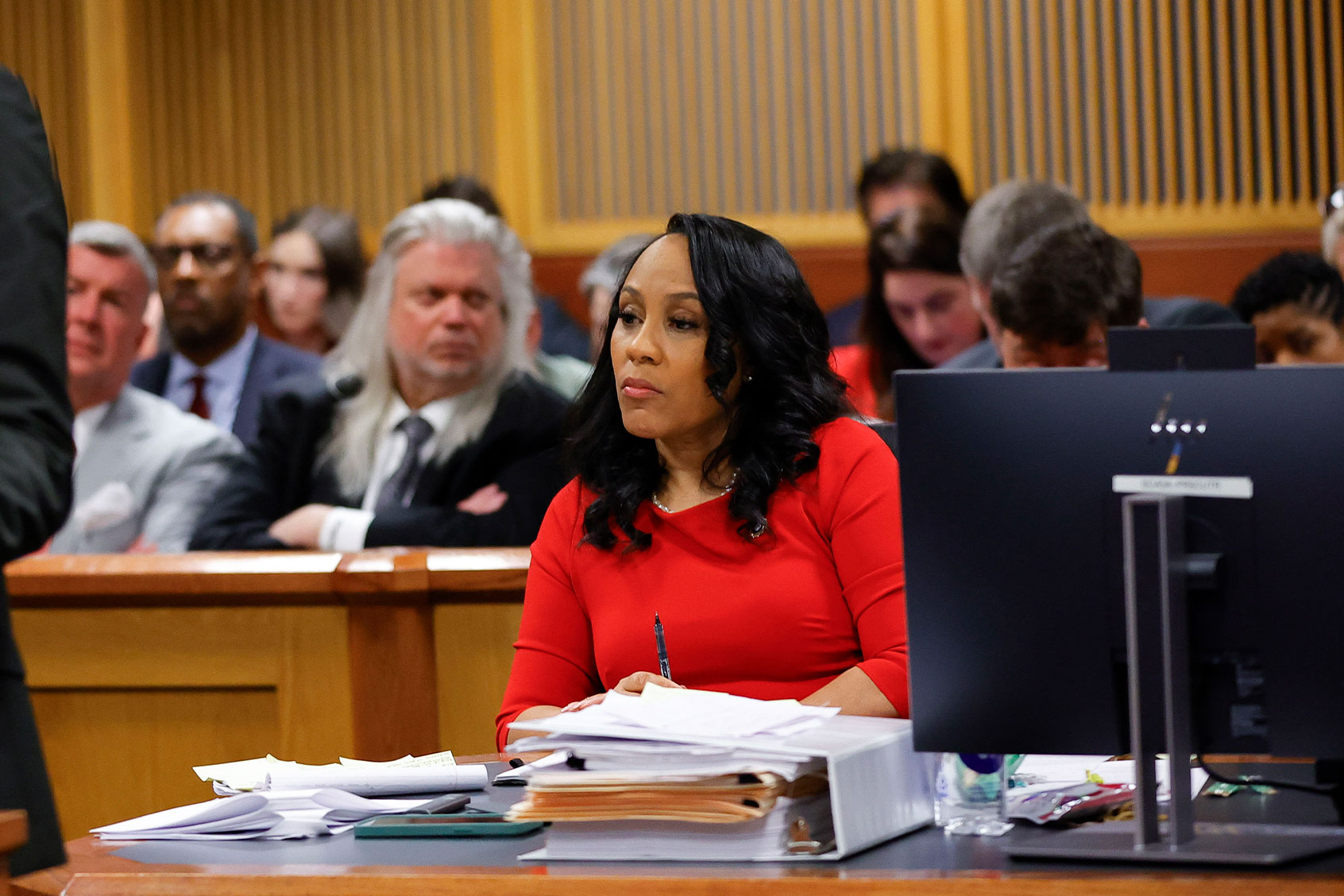Fulton County District Attorney Fani Willis has appealed a decision to drop charges in the 41-count indictment against former President Donald Trump and several co-conspirators in her Georgia election interference case. This comes after the Georgia Court of Appeals said it would consider Trump's motion to kick Willis off the case.
Prosecutors have accused Trump and some of his co-defendants allege of seeking to illegally demanding that Georgia officials convene a special legislative session to appoint pro-Trump electors as part of their scheme to steal the 2020 election. Although they were charged with the crime of "Solicitation of Violation of Oath by Public Office," Fulton County Superior Judge Scott McAfee ruled in March that the charge should be dropped due to a lack of sufficient detail in their indictment. However, he noted that prosecutors could pursue a new indictment with the charges reinstated.
Trump was directly named in three of the dismissed counts related to his effort, per prosecutors, to pressure Georgia Secretary of State Brad Raffensberger and “unlawfully influence the certified election returns."
Trump has pleaded not guilty to all charges. But because of the delays already, Willis’ decision to file an appeal and try to reinstate some charges suggests that the case is unlikely to go to trial before the November election.
“In some ways, it’s an implicit concession that it’s not going to happen before November,” Anthony Freis, a Georgia State University law professor closely following the case, told The New York Times.

